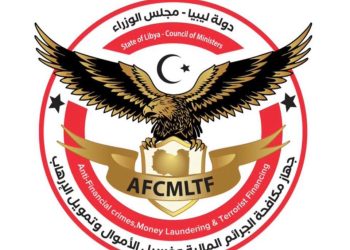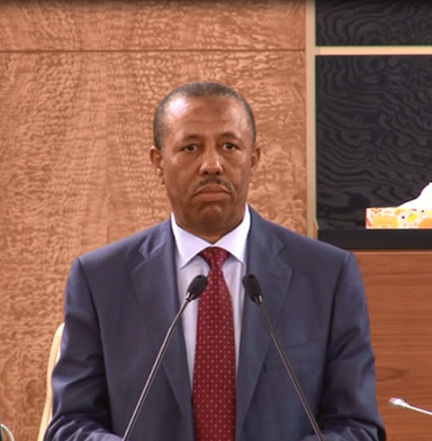By Libya Herald staff

Tripoli, 13 April 2014:
On the margins of the 42 Tripoli International Fair held between 2-12 April at the . . .[restrict]Tripoli International Fairgrounds, the Privatization and Investment Board (PIB) (www.investinlibya.ly) held a workshop on “Libya’s investment map” last Thursday.
The workshop looked at the role that Libya’s investment map would play in providng a mechanism for those interested in or related to the investment sector in Libya.
The workshop was attended by numerous interested parties, including, the head of PIB Renewable Energies Investment Projects, Abdulkarim Mgeg, the head of the PIB Investment Department, Jamal Swesi, the head of Real Estate Preparation, Khaled Mansur, the Operations Manager of the Libyan Industry Union, Ali Enser, as well as a number of business leaders.
At the workshop the PIB sought, with the aid of a slideshow presentation, to acquaint those present with the an electronic version of Libya’s investment plan which it hoped would facilitate the planning of investment projects for both the PIB and potential investors.
The PIB also hoped that the electronic investment plan will not only help in the marketing of Libya as an investment destination, but that it would also help Libya’s various other Ministries and departments in creating investment projects and sectors for potential investors.
Moreover, the PIB hoped that a unified electronic investment plan would also provide consistency and integration of the plan that would be consistent with Libya’s overall strategic national investment goals.
These goals would include Libya’s aim to increase more regional and border investment projects in order to help development in the less developed areas of the country. The subject of regional investment is a particularly relevant subject in view of the issues of smuggling and insecurity around Libya’s various border regions where a lack of investment has led to a shortage of job opportunities.
Having a unified, accessible and consistent electronic investment plan would also act as a common starting point for future investment related decisions and policy formulations, it was pointed out at the workshop.
The PIB is the Libyan department, part of the Ministry of Economy that is charged with dealing with both foreign and Libyan investors that wish to apply for investment licences under Investment Law No. 9 (2010), which provides exemptions from taxes, customs tariffs, and foreign currency transfers. [/restrict]









